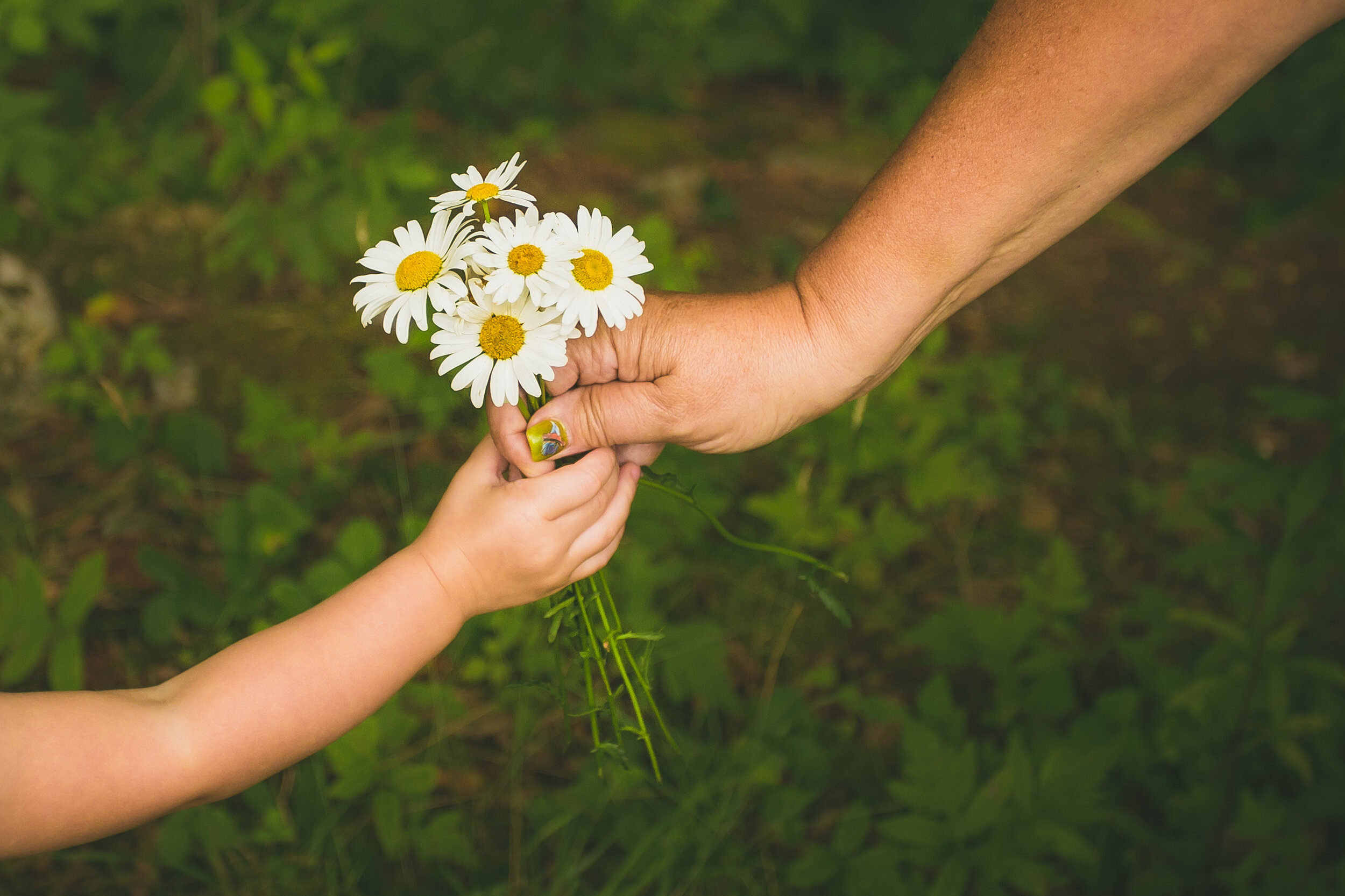For many of us, this is a special time of the year. So much so that we think of it as a season of joy because joy involves changing how we engage in the world. Find out how this feeling of joy is related to Maslow’s 1964 concept of peak experiences in this week’s blog.
Kind Actions
Decades of research indicate that acts of kindness provide substantial benefits to our wellbeing. But how much kindness is needed? Several studies show that at least five acts of kindness are necessary over the week (Lyubomirsky & Layous, 2013). Here’s which acts of kindness are necessary over the week…
Kind Thoughts
The second pillar of kindness is kind thoughts. The best way to think about this is to picture the running dialogue in our heads. Typically, that dialogue is composed of thoughts about ourselves and others. It's that voice that whispers things like, "that person doesn't like me," or “they think I'm not smart, etc." Let’s learn how to address these thoughts and develop self-compassion.
Kind Feelings
Three Pillars of Kindness
Doing Good Boosts Our Health
Dealing with today's enormous challenges may have led us to act out in ways that are not characteristic of our behavior, especially toward others. We may find that we are a little more impatient, irritable, and intolerant of others. However, allowing ourselves to go down this path is not good for our mental or physical health. It is certainly not good for our relationships. A powerful antidote for these feelings is injecting kindness into our thoughts and deeds.
Everyday Kindness
True kindness comes from a place that is genuine. It is done to be of service to others, out of genuine care and concern. Authentic kindness carries no expectation of receiving anything in return. Tuesday, November 13, 2018, is World Kindness Day. How will you engage in acts of kindness - on this day and every day? Here are a few ideas to get started.
What if our workplaces could become havens of happiness?
In these tumultuous times, in which many feel a lack of control, doesn’t it make sense to purposely reduce hostility, incivility and other aggressive behavior wherever we can? The workplace is one of the places where we have this power, utilizing the tools of mindfulness (and other types of training), to minimize negative feelings and aggressive behavior, not to mention initiating a cascade of other positive effects.















